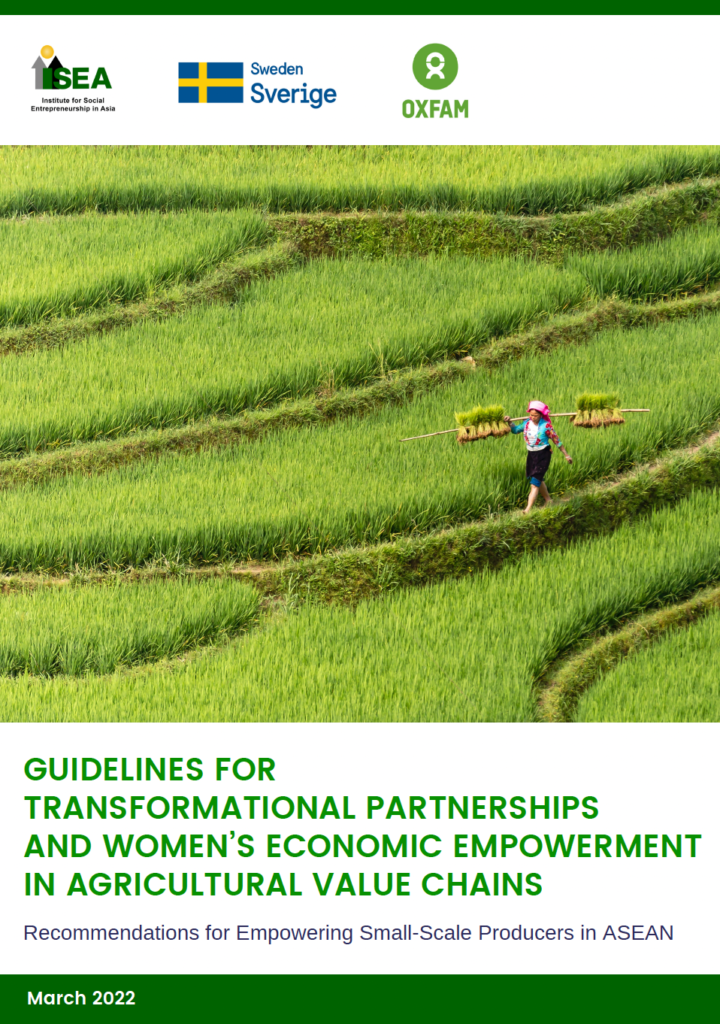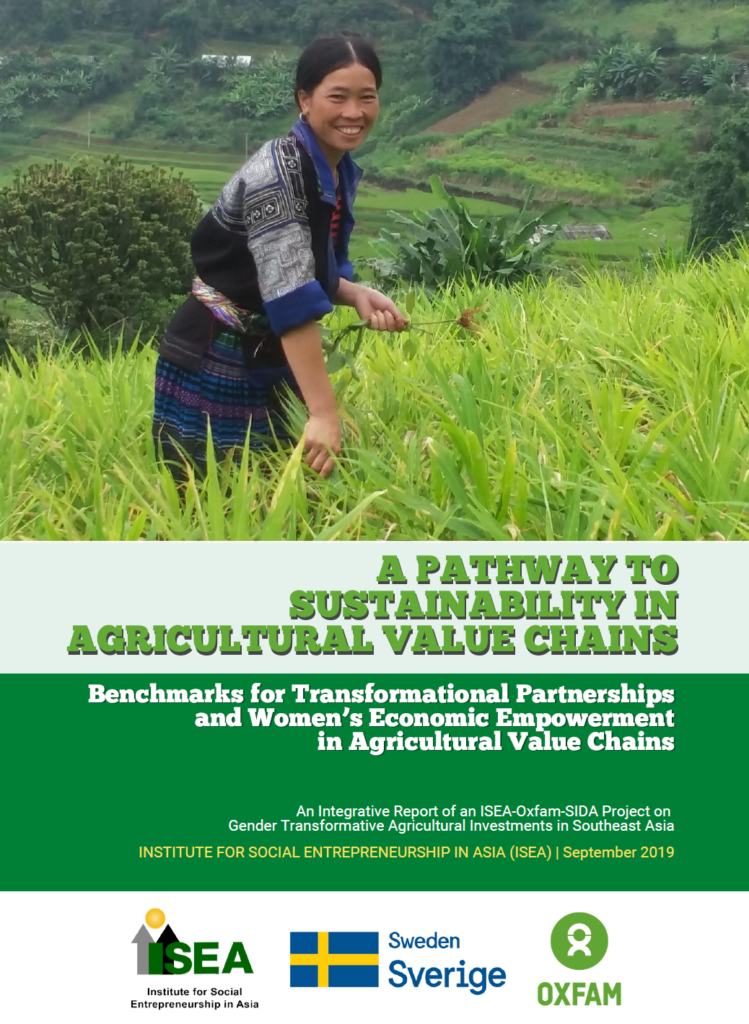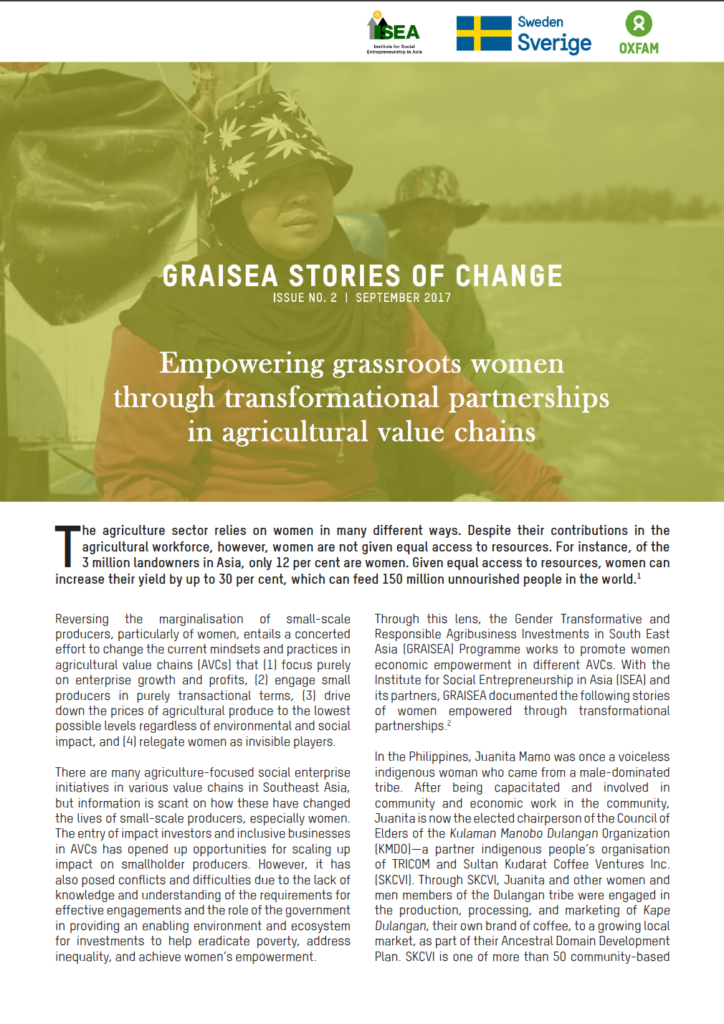Women’s Economic Empowerment Transformational Initiatives in Agricultural Value Chains (WEE TRAIN – GRAISEA)

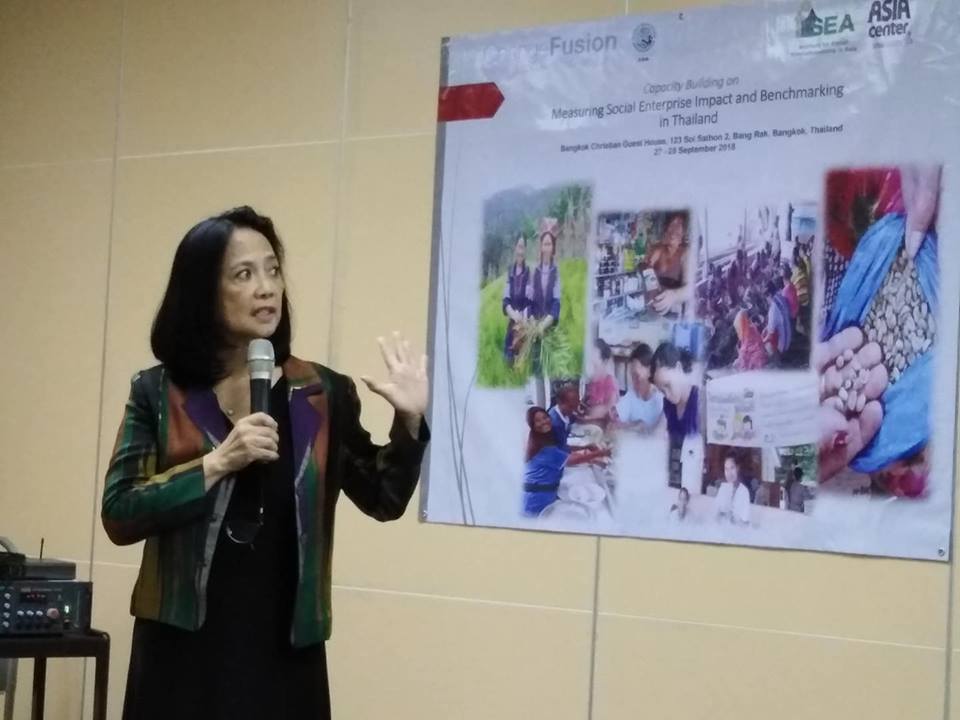
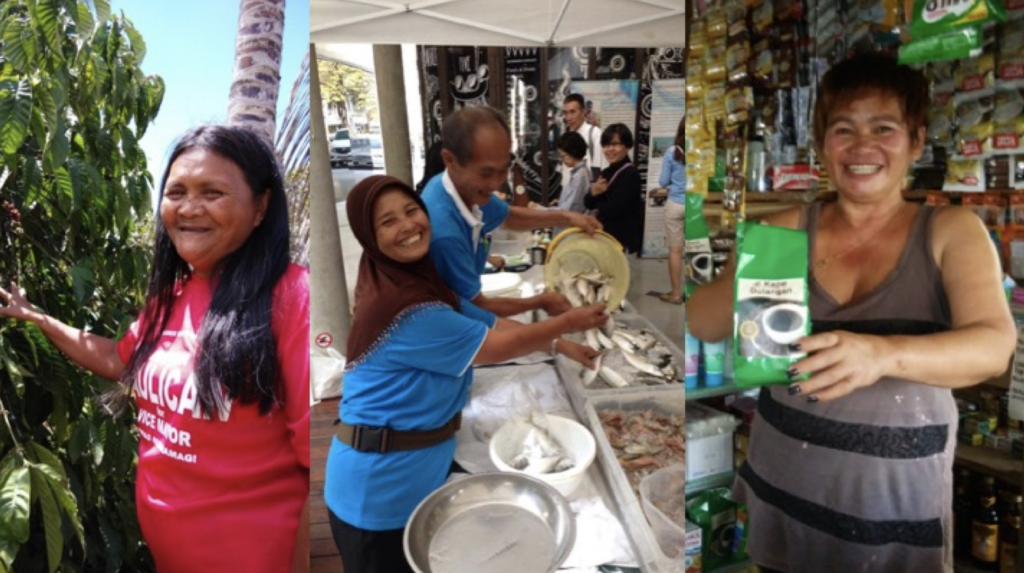
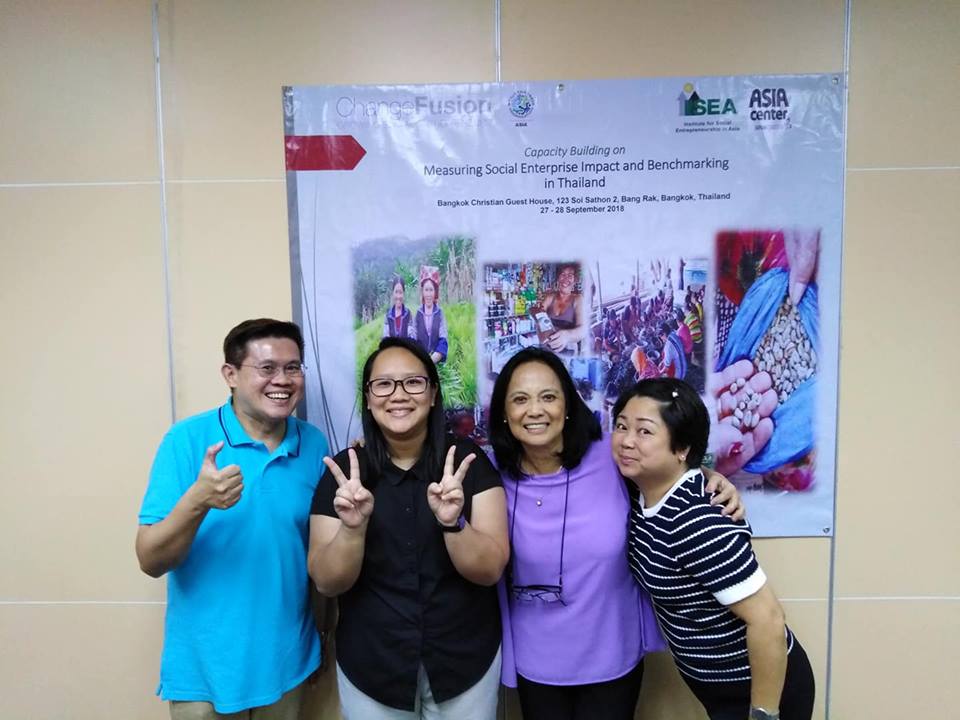
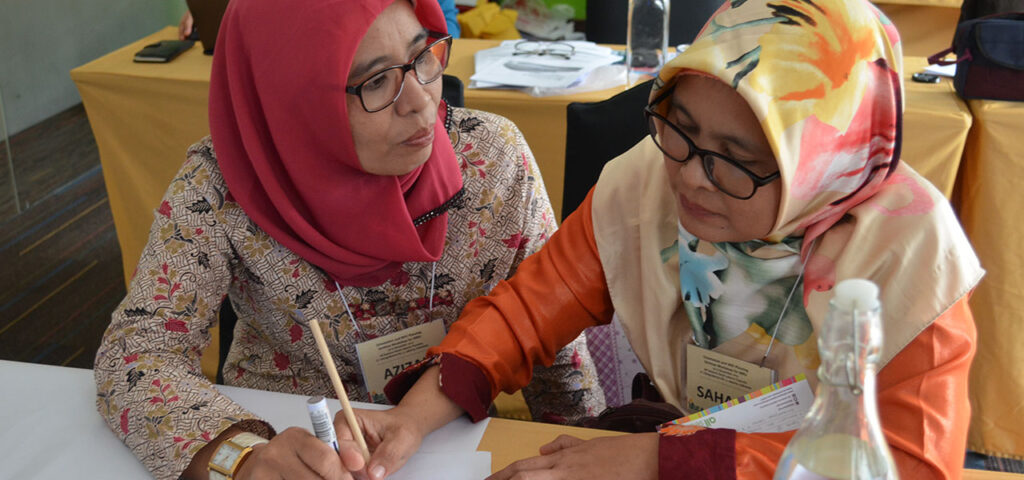
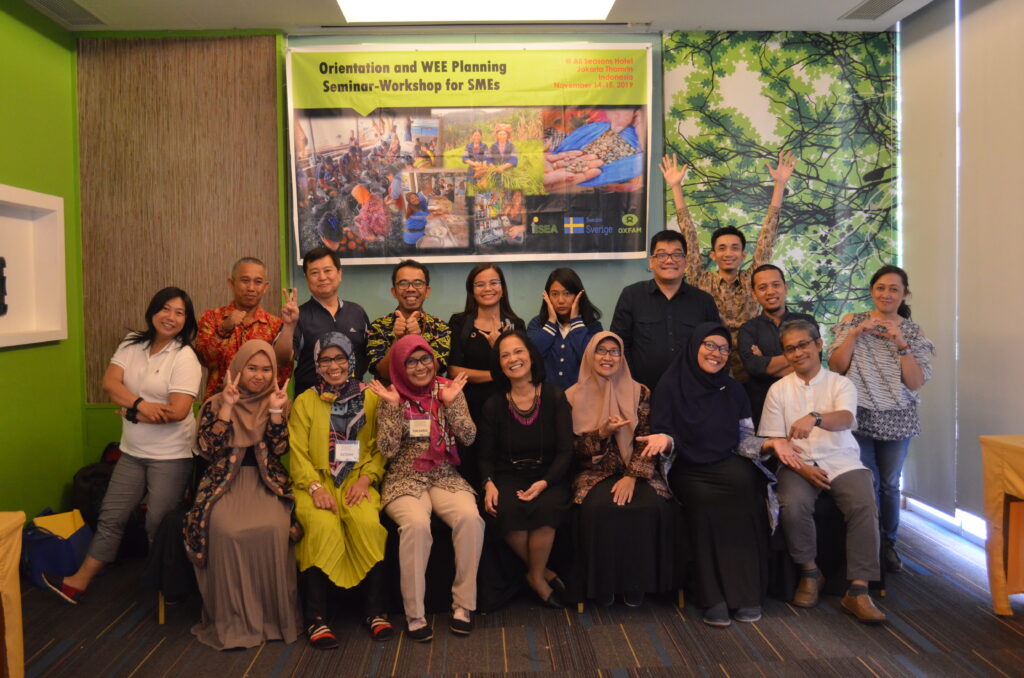
The pursuit for transformational partnerships and women economic empowerment in agricultural value chains (AVCs) have gained significant support from various international non-government organizations, financial institutions and multilateral development banks and multi-stakeholder platforms in Southeast Asia, the Gender Transformative & Responsible Business Investment in South East Asia (GRAISEA) or GRAISEA is a regional programme led by Oxfam with funding support of the Embassy of Sweden in Bangkok that aims to overcome barriers to development through responsible, gender transformative value chains and private sector investments, which targets small producer farmers and workers – especially women – in the formal and informal parts of the supply chain of key commodities.
The Institute for Social Entrepreneurship in Asia is currently implementing a component of GRAISEA called, WEE TRAIN in AVCs (Women’s Economic Empowerment Transformational Initiatives in Agricultural Value Chains). WEE TRAIN in AVCs engage and support its partner social enterprises, SMEs and corporate agribusinesses and other key actors in strengthening the pursuit of a transformational WEE agenda among private sector players and governments in ASEAN and beyond. ISEA shall work with its members and partners in building champions among SMEs, SEs and corporate agribusiness on BTP WEE in AVCs and in developing and promoting the ASEAN Guidelines on Transformational Partnerships and WEE.
This endeavor started in April 2015-September 2017, under the Promoting Social Enterprise (PROSE) component of GRAISEA 1 programme, where ISEA undertook research on 8 best practices of social enterprises and inclusive businesses in agricultural value chains in Southeast Asia, particularly in the Philippines, Thailand, Indonesia, and Vietnam. ISEA synthesized the critical factors or elements that resulted to improving the position and lives of women and men small scale producers into a set of Benchmarks for Transformational Partnerships and Women’s Economic Empowerment in Agricultural Value Chains (BTP WEE in AVCs). It contains guiding principles and a set of criteria useful for AVC practitioners, particularly the small and medium enterprises and corporate agribusinesses engaging the AVCs.
A publication titled “A PATHWAY TO SUSTAINABILITY: Benchmarks for Transformational Partnerships and Women’s Economic Empowerment in Agricultural Value Chains” is amulti-country research of the Institute for Social Entrepreneurship in Asia (ISEA) involved eight case studies of best practices of social enterprises and inclusive businesses chosen for their significant impact on women and men small scale producers in agricultural value chains.
ISEA took a step further and started the initiative to develop a scorecard on BTP WEE in AVC in 2017. led the development of a set of scorecards to promote the practice of these benchmarks among small and medium enterprises (SMEs), including social enterprises, corporate agribusinesses and other AVC stakeholders. These scorecards were considered as useful learning, evaluation and planning tools for the adoption of the benchmarks. The scorecards were developed with inputs from SME and corporate stakeholders who were interviewed or who participated in round table discussions in the Philippines and Indonesia.
Since the COVID-19 has resulted in an unprecedented health, economic, and social crisis affecting the most vulnerable sectors like the women and men small-scale producers in AVCs, it is prudent for GRAISEA and ISEA to take cognizance of the difficulty of re-introducing the piloting of the BTP WEE in AVC scorecards with SMEs and corporate agribusinesses as they cope and develop their respective recovery plans amidst a “new normal”.
More than this, GRAISEA and ISEA foresee the need to be concerned with the actual impact of COVID-19 on the women and men small scale producers in the supply chains of the SMEs and corporate agribusinesses who were targeted as potential partners.
Given the drastically changed context brought about by the pandemic, ISEA has made adjustment in its plans for Year 3. The BTP WEE in AVCs gives importance to food security, resilience, sustainable livelihoods and women’s economic empowerment, themes that have emerged as more critical than ever in agricultural value chain interventions in the aftermath of COVID-19. But given that the pandemic’s impact is still unfolding and many AVC stakeholders are in a recovery mode, ISEA considers the benchmarks as becoming more relevant during the phase when SMEs and corporate agribusinesses would be ready to discuss moving forward towards building back better.
This 2021, ISEA is enshrining a set of ASEAN Guidelines for Transformational Partnerships and WEE in AVCs, which would become an important enabling measure to incentivize the practice of the BTP WEE in AVCs by SMEs, corporate agribusinesses and other stakeholders towards building back better. On the other hand, the community of practice (COP) that would result from the adoption by SMEs and corporate agribusinesses of the BTP WEE in AVCs would strengthen the advocacy for enshrining a set of ASEAN GTP WEE in AVCs.
Read the Statement of the Social and Community Enterprise Constituency during the Asia-Pacific Forum on Sustainable Development (APFSD) 2021 last 23 March 2021
For more information about the GRAISEA Project led by Oxfam, go to this link: https://asia.oxfam.org/what-we-do/gender-transformative-responsible-business-investment-south-east-asia-graisea
Learn more about the case study entitled, “Empowering Grassroots Women Through Transformational Partnerships in Agricultural Value Chains” in this link: http://policy-practice.oxfam.org.uk/publications/empowering-grassroots-women-through-transformational-partnerships-in-agricultur-620354
Related Videos:

